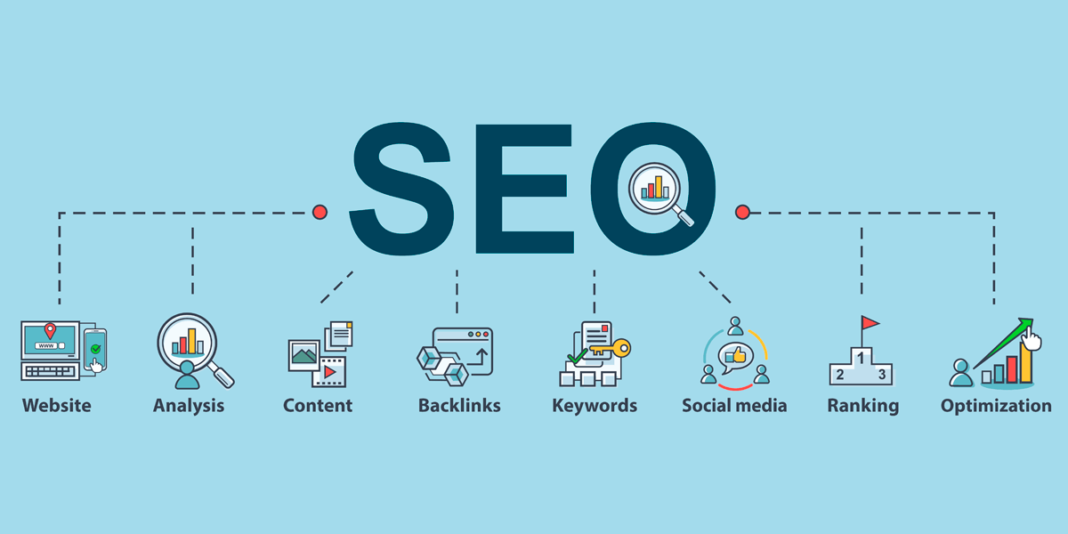In today’s digital landscape, having a strong online presence is crucial for businesses and individuals alike. With millions of websites competing for attention, how can you ensure that your content stands out? This is where Search Engine Optimization (SEO) comes into play. In this comprehensive guide, we’ll delve into the world of SE, uncovering its key components, strategies, and best practices to help you unlock the secrets to online success.
1. Introduction to SEO
What is SEO?
SE, or Search Engine Optimization, is the process of optimizing your website to improve its visibility and ranking on search engine results pages (SERPs). By optimizing various elements of your website, you can attract more organic (non-paid) traffic and increase your chances of reaching your target audience.
Importance of SEO in Online Presence
In an increasingly competitive online landscape, simply having a website is not enough. Without effective SEO, your website may get lost in the vast sea of the internet, making it difficult for potential customers to find you. By implementing SEO best practices, you can ensure that your website ranks higher in search engine results, ultimately driving more traffic and leads to your site.
2. Key Components of SEO
On-page SEO
On-page SEO refers to optimizing the content and HTML source code of individual web pages to improve their search engine rankings. This includes optimizing meta tags, headings, images, and internal links.
Off-page SEO
Off-page SEO involves activities that take place outside of your website, such as link building and social media marketing. By building quality backlinks from reputable websites and engaging with your audience on social media, you can improve your website’s authority and credibility in the eyes of search engines.
Technical SEO
Technical SEO focuses on optimizing the technical aspects of your website to improve its crawlability, indexability, and overall performance. This includes optimizing site speed, fixing broken links, and ensuring mobile-friendliness.
3. Understanding Keywords
Importance of Keywords in SEO
Keywords are the foundation of any SEO strategy. They are the words and phrases that users type into search engines to find relevant information. By targeting the right keywords, you can attract highly targeted traffic to your website and increase your chances of converting visitors into customers.
How to Research Keywords Effectively
Keyword research is a critical step in any SEO campaign. By using tools like Google Keyword Planner, SEMrush, and Ahrefs, you can identify relevant keywords with high search volume and low competition. Additionally, you can analyze competitor keywords to uncover new opportunities.
4. Content Optimization
Creating High-Quality Content
In the world of SEO, content is king. High-quality, relevant content not only attracts visitors to your website but also keeps them engaged and encourages them to take action. When creating content, focus on providing value to your audience and answering their questions effectively.
Importance of User Engagement
User engagement metrics, such as bounce rate, time on page, and click-through rate, are important indicators of content quality and relevance. By creating engaging content that resonates with your audience, you can improve these metrics and signal to search engines that your website is worthy of higher rankings.
5. Link Building Strategies
Importance of Backlinks
Backlinks, also known as inbound links, are links from other websites that point to your site. They are a key ranking factor in Google’s algorithm and can significantly impact your website’s visibility and authority. Focus on acquiring quality backlinks from relevant and authoritative websites within your niche.
White Hat vs. Black Hat Techniques
When it comes to link building, it’s important to…


